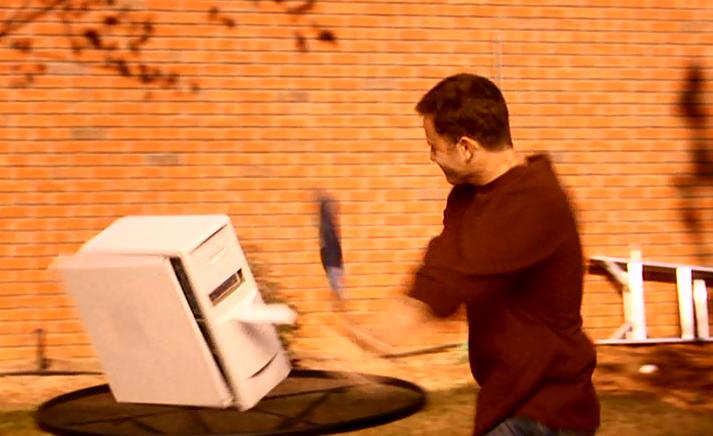Digital Manuscript Losses December 20, 2016
Author: Beach Combing | in : Actualite, Contemporary , trackback
Beach has recently been dealing with the horrors of losing manuscripts in times before personal computers and photocopiers. But why exempt the contemporary world? Why ignore the potential of broken hard discs and failed backups and lost pen drives to ruin lives? Example. Several years ago Beach found himself associated with a family whose matriarch was a noted Italian historian of art. One Christmas eve all were gathered for a meal when the matriarch complained that her computer was not working properly. Her brother offered to put things right, and with an extraordinary series of key presses managed to delete his sister’s recently completed book on seventeenth-century archives. The fifty-year-old historian of art went into the bathroom, emerged with red eyes, and subsequently hosted a fabulous meal. She, then, took twelve days off to rewrite the book. Beach recently came across said title in a second hand shop window. Fair play, CdB.
Now what about this story from an old friend of this blog, Ozinor? My favourite reading from the last week.
I actually had a modern version of losing a manuscript happen to me when I was completing my Ph.D. dissertation. In those long-ago pre-Macintosh days we dialed up to a university central mainframe computer to use their text editor. The university backed up its system every week, early in the AM hours Monday mornings. There was no way for individuals to create copies of their work: no personal hard drives, no thumb drives, not even a home tape drive. Producing a printed copy meant driving to the university to get the paper. When they backed the system up everyone connected had to log off until they were finished and had brought the system up again. Each user had an allowable quota of storage. You could exceed the storage limit as you worked, but you couldn’t log off until the amount you had in use was equal to, or less than, your allowance. To get below that limit the normal thing to do was to remove the automatically produced backup files by issuing the command <del *.bak> before you logged off, where * was the universal wildcard: i.e., delete all my files that end in ‘bak’. One winter’s night, I recall it well, I was working on the Conclusions chapter of my dissertation. It approached two AM and I began to receive messages from the system staff. ‘Shutting down in 10 minutes. Save and log off,’ ‘Shutting down in 5 minutes. Save and log off.’ ‘Shutting down in 1 minute. Save and log off.’ I had been wordsmithing with concentration and began with a certain amount of panic to log off, but I had exceeded my quota and the system wouldn’t let me quit. If I didn’t quit I would lose the work I had done that session. Hurriedly I tried to get rid of my backup files. In my panic I typed <del *.*> instead of <*.bak>. In horror I watched as the letters scrolled across my screen. ‘Deleting Chapter 1’, ‘Deleting Chapter 2’, ‘Deleting Chapter 3’, ‘Deleting Chapter 4’, ’Deleting Chapter 5’, ’Deleting Chapter 6’, ‘Deleting Chapter 7’, ‘Deleting Chapter 8’. ‘User logged off’. In less than a minute three years work had disappeared.
Ozinor, then, to Beach’s mind ruins a perfectly good story.
I did have various paper printouts; I wasn’t completely stupid. But it would have been a massive undertaking to collate those pieces, add missing sections that weren’t printed out, and reproduce the completed work. The story does have a happy ending. The system staff, after laughing at me, were able to restore my account from the previous week’s backup, so I only lost a week’s work, but it was a trying experience.
Thanks, Ozinor, the shivers were good.
Other digital catastrophes? drbeachcombing At yahoo DOT com


